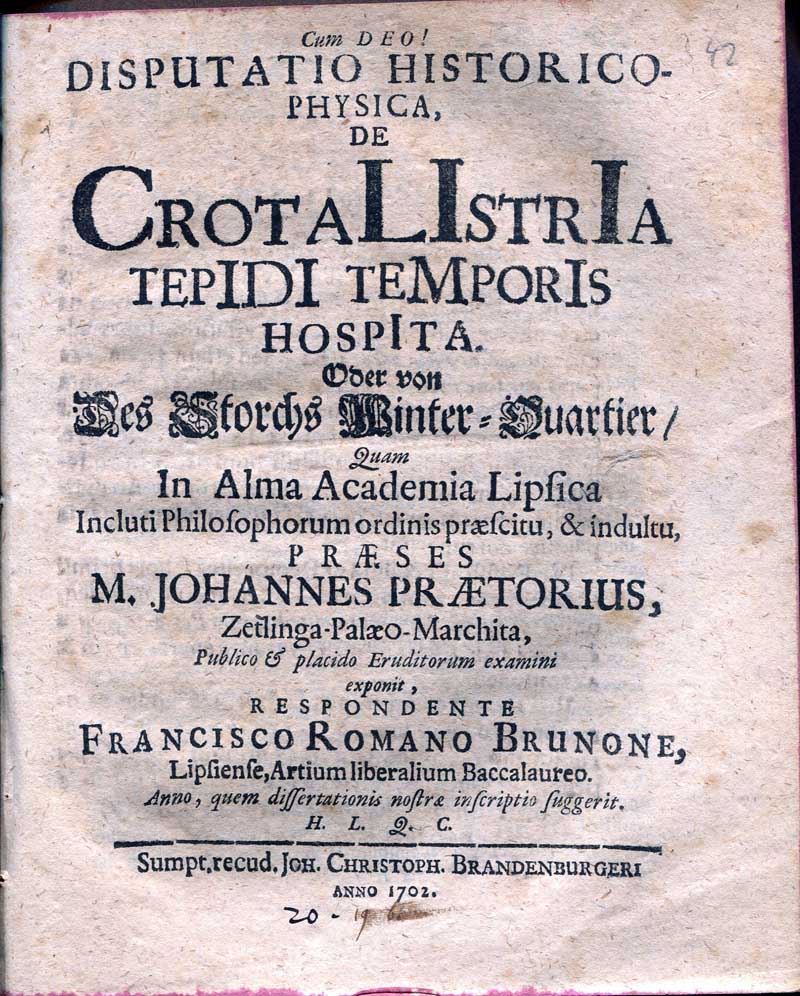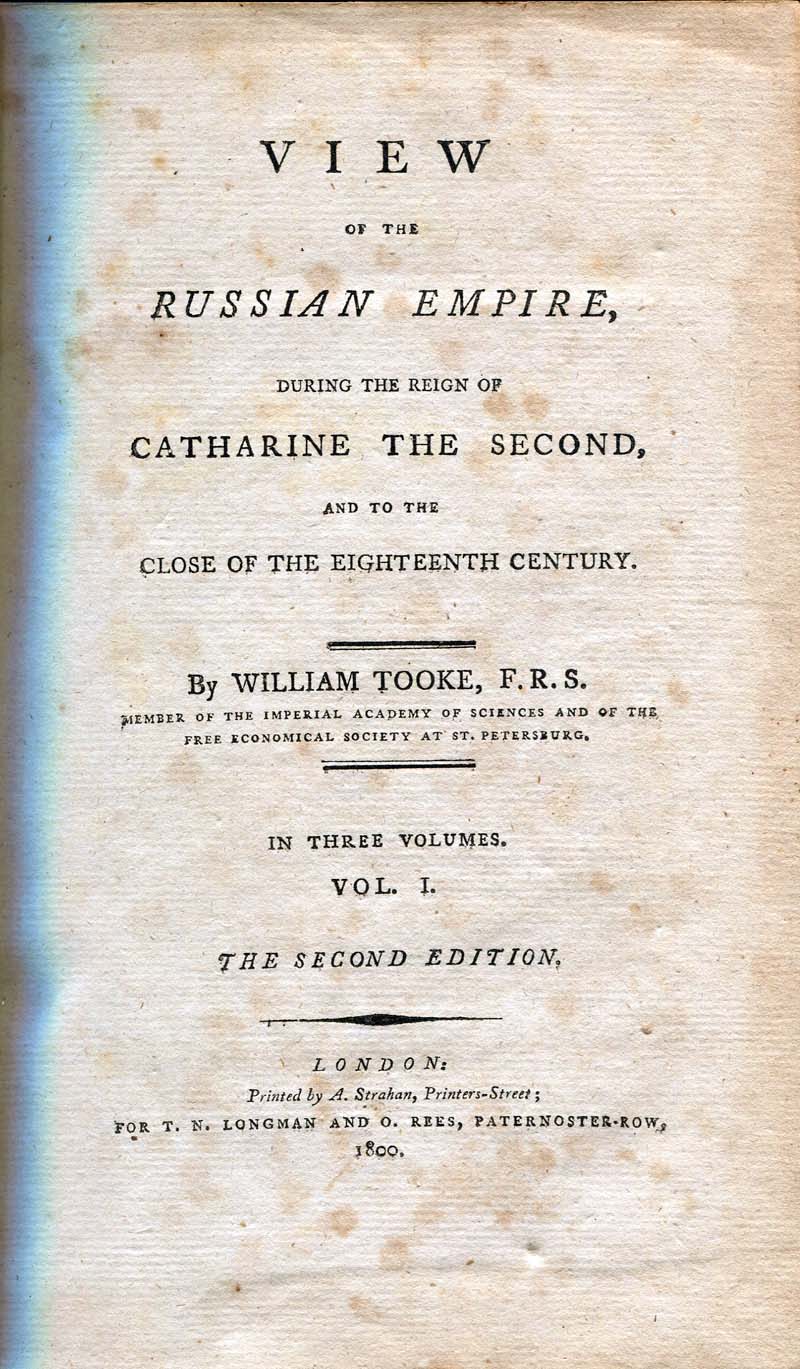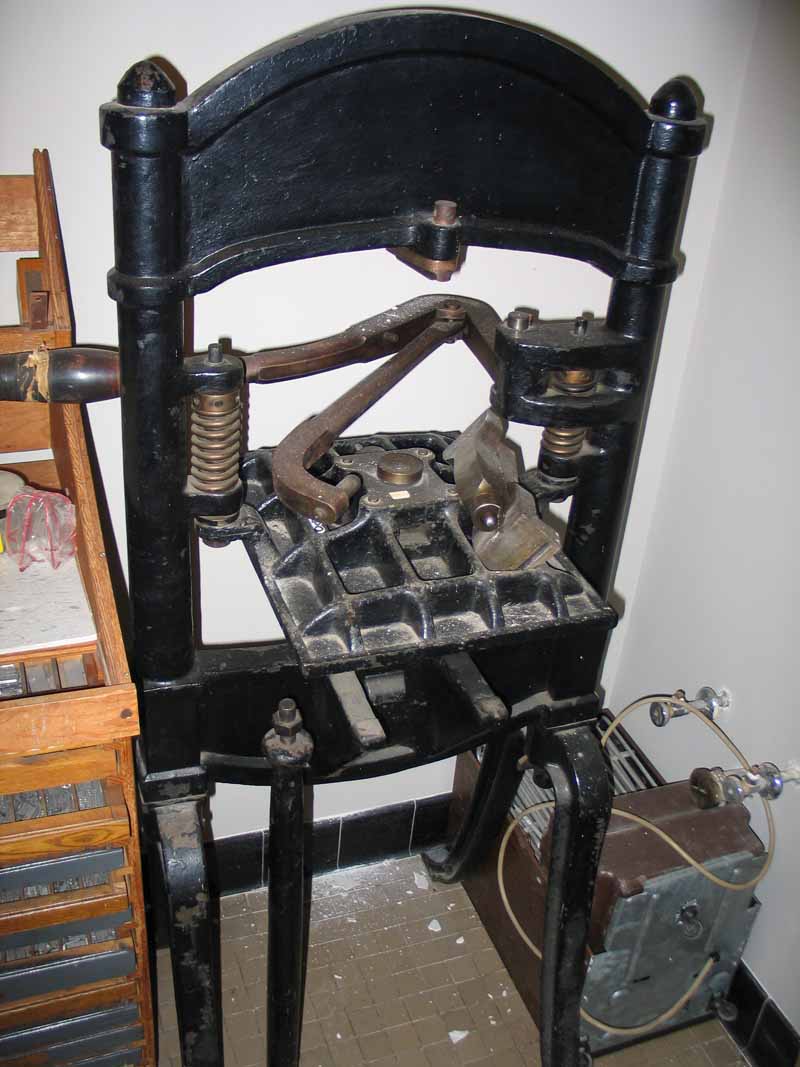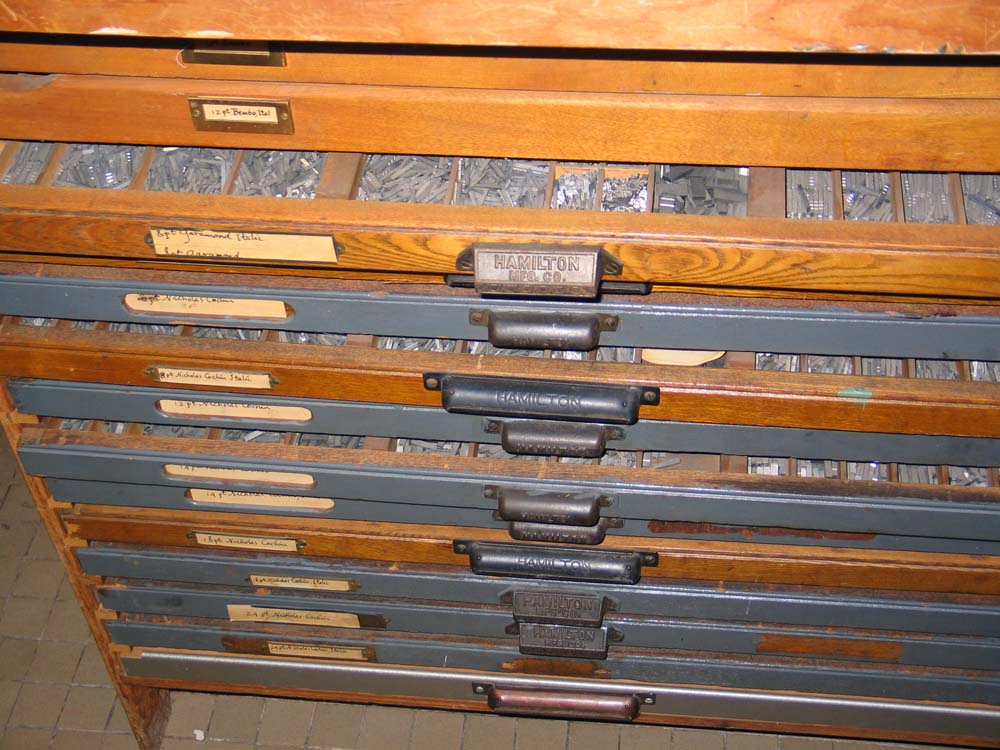[Contextual note: This article argues against the “personal” tax (income tax). In 1913, the 16th Amendment to the Constitution made the income tax a permanent fixture in the U.S. tax system. The amendment gave Congress legal authority to tax income and resulted in a revenue law that taxed incomes of both individuals and corporations.]
“Lawson Purdy on Taxation; Prominent Alumnus Argues Against Personal Tax”
“In a recent address before the Albany Historical Society, Lawson Purdy, ’84, president of the New York City Commission of Taxes and Assessments, made a strong plea for the abolition of the personal tax. Mr Purdy has made a special study of taxation for many years and is considered an expert on the subject. He argues that because personal property cannot be taxed equitably and by the same method as real estate, the tax on it should be removed. He has advocated several bills before the legislature which would wipe out all such taxes. Mr. Purdy claims further that special taxes have withdrawn certain forms of personal property from general taxation. He offers the following remedies: In that assessors are hampered by the fact that no deeds contain the true consideration for the conveyance of real estate unless they are made by executors and trustees, the law should provide that the true consideration for the transfer of real estate should be stated. He argues that assessors should be appointed and not elected. The men who do the actual work should be appointed under civil service rules, which would protect them from dismissal except for cause. Mr. Purdy says also that the simplest way to deal with the remnant of personal property, now subject to the general property tax, is to abolish the tax. The loss of the revenue would be more than made good by the increased value of real estate due to the relief from the danger inherent in the system of personal property. Mr. Purdy’s views were quoted also in the American Magazine for December. He is president of the Trinity Alumni Association.
Tags: From the Archives






